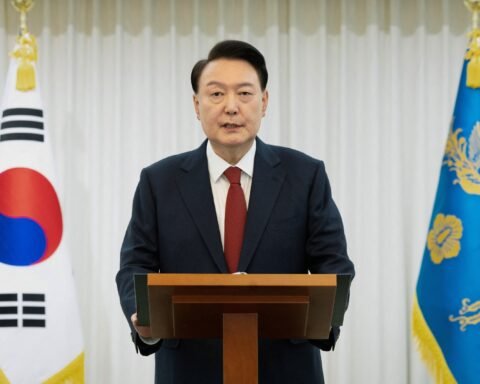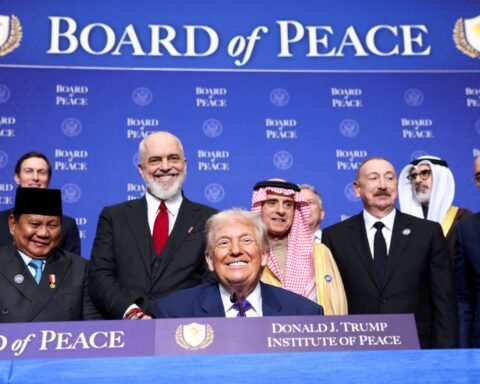Germany has admitted 942 refugees so far this year through a European Union resettlement programme, offering new homes to people fleeing conflicts in countries such as Sudan, Syria, South Sudan, the Democratic Republic of Congo, and Eritrea.
But since a new coalition government came to power on May 7, the programme has been frozen. Officials confirmed that no additional refugees have been accepted in recent months, reflecting a major shift in Berlin’s asylum policy.
The ruling coalition, led by the conservative CDU/CSU bloc alongside the SPD, agreed to suspend resettlement programmes altogether. The government also announced it would not initiate new schemes aimed at providing legal pathways for vulnerable refugees.
The resettlement programme, coordinated by the United Nations High Commissioner for Refugees (UNHCR), was designed to identify the most at-risk individuals and relocate them to safer countries within Europe. Refugees admitted to Germany had to undergo detailed interviews and strict security screenings before being granted entry.
For many, the programme meant a chance to escape war zones and begin rebuilding their lives. Every figure in the statistics represents a family, a child, or an individual who had to leave everything behind in search of safety.
Now, with the programme on hold, thousands of people who might have been eligible for resettlement are left in uncertainty. Aid agencies have warned that shutting down these legal channels could push more people into desperate and dangerous journeys across the Mediterranean.
Also Read; Trump Urges Zelenskyy to Consider Diplomatic Solution
The halt in resettlement comes amid broader reforms in Germany’s immigration and asylum laws. The government recently suspended family reunification rights for refugees holding only “subsidiary protection” status, except in rare hardship cases. This rollback reverses reforms made under the previous administration that sought to balance security with humanitarian responsibility.
Critics argue that Germany risks undermining its long-standing reputation as a leader in refugee protection. Supporters of the policy, however, say the country needs stricter controls to manage rising migration pressures across Europe.
Germany has historically been one of Europe’s most active participants in refugee resettlement, particularly during the 2015–2016 migration crisis. Its sudden withdrawal from the programme is likely to influence broader debates within the EU about burden-sharing and solidarity among member states.
Humanitarian groups stress that reducing safe, legal options for asylum seekers not only heightens risks but also places additional pressure on frontline states like Italy and Greece, where many migrants first arrive.







